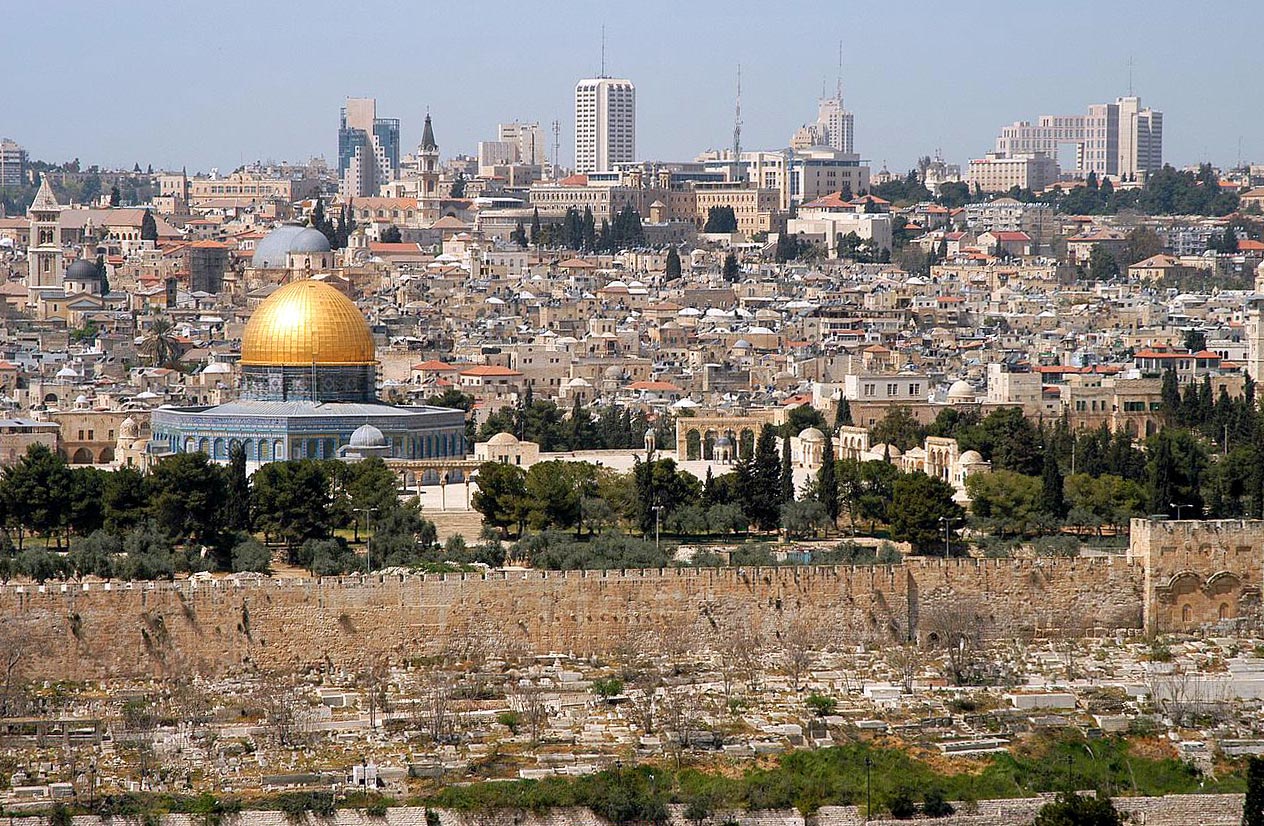 |
| This beautiful stained glass image is from Pinar&Viola. |
Many think of the society of the Torah as Patriarchal. After all Abraham, Isaac, and Jacob are active and complex figures. They are involved in great dramas. However, this is only one part of the picture. The fact is that Sarah, not Abraham, appoints Isaac as Patriarch, and Rebecca, not Isaac, appoints Jacob as Patriarch. Left to their own devices Abraham and Isaac might well have appointed the other sons, Ishmael and Esau. What about the most complex of the three families, Jacob's four wives and 13 children and their various tragedies? There is the tortured response to the assault on Dina and then the kidnap and sale of Joseph. The career of the founding families almost comes apart with Jacob and his children and their conflicts. The most salient feature about both of these Jacobean tragedies is that there is no Matriarch to guide the family. Rachel has died and Leah has just slipped away. When there is a Matriarch she determines succession.Don't miss the opportunity to perform a mitzvah today...honor your mother!
...
What are we to make of this pattern of Matriarchal determinism? It begins at the beginning. God teaches Adam that his wife Hava will become the mother of all life. She surely is the mother of all life. She is, after God, the first creator, and declares as much when she says, that in imitation of God she has created life in Cain and Abel. She signals that mother and Matriarch share something utterly unique with God, the creation of life itself. Both are creators. Inherent in the act of creation is the responsibility to care for the life created, materially and spiritually. These Matriarchs know that they are God's partners, nay, even more than that. They are as creators central to God's work. This work is not just the creation of life itself in the child that they will birth. They know that the child they are bringing into this world will be a critical actor in God's drama of sacred history. They, who know that child and live with that child from the very moment of conception, are uniquely endowed to make certain decisions about the future assignment of that child. The Torah does believe in the assignment doctrine; the notion that every person in this world has a specific assignment and has a task to accomplish. The Matriarch has that special knowledge for she knows with whom she shares creation.
This post is dedicated to my mom:
Mom, you were the first one to teach me about love, and you have consistently demonstrated that love to this day! You continue to inspire me in many ways. I am so grateful to have you not only as my mom but also as a close friend. Happy Mother's Day!



